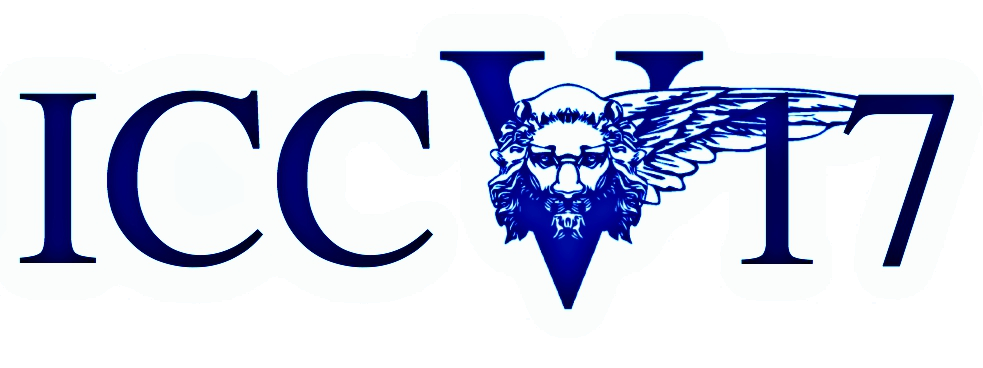-
Coral-Segmentation: Training Dense Labeling Models With Sparse Ground Truth
AbstractBiological datasets, such as our case of study, coral segmentation, often present scarce and sparse annotated image labels. Transfer learning techniques allow us to adapt existing deep learning models to new domains, even with small amounts of training data. Therefore, one of the main challenges to train dense segmentation models is to obtain the required dense labeled training data. This work presents a novel pipeline to address this pitfall and demonstrates the advantages of applying it to coral imagery segmentation. We fine tune state-of-the-art encoder-decoder CNN models for semantic segmentation thanks to a new proposed augmented labeling strategy. Our experiments run on a recent coral dataset, proving that this augmented ground truth allows us to effectively learn coral segmentation, as well as provide a relevant score of the segmentation quality based on it. Our approach provides a segmentation of comparable or better quality than the baseline presented with the dataset and a more flexible end-to-end pipeline.
Related Material
[pdf][bibtex]@InProceedings{Alonso_2017_ICCV,
author = {Alonso, Inigo and Cambra, Ana and Munoz, Adolfo and Treibitz, Tali and Murillo, Ana C.},
title = {Coral-Segmentation: Training Dense Labeling Models With Sparse Ground Truth},
booktitle = {Proceedings of the IEEE International Conference on Computer Vision (ICCV) Workshops},
month = {Oct},
year = {2017}
}
These ICCV 2017 papers are the Open Access versions, provided by the Computer Vision Foundation.
Except for the watermark, they are identical to the accepted versions; the final published version of the proceedings is available on IEEE Xplore.
Except for the watermark, they are identical to the accepted versions; the final published version of the proceedings is available on IEEE Xplore.
This material is presented to ensure timely dissemination of scholarly and technical work.
Copyright and all rights therein are retained by authors or by other copyright holders.
All persons copying this information are expected to adhere to the terms and constraints invoked by each author's copyright.

